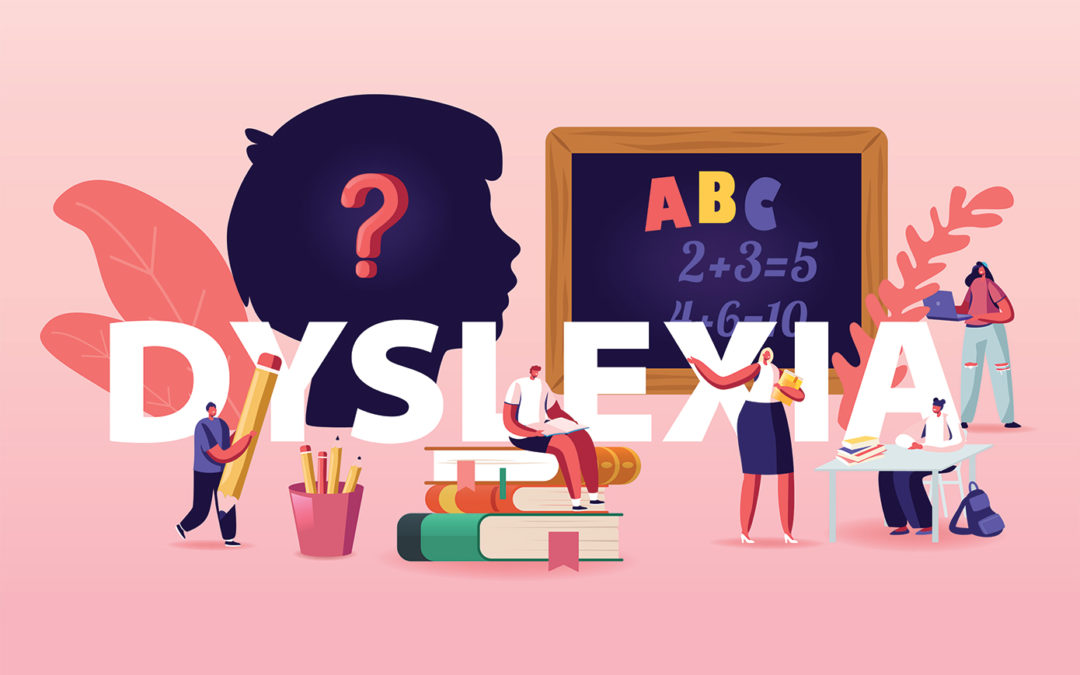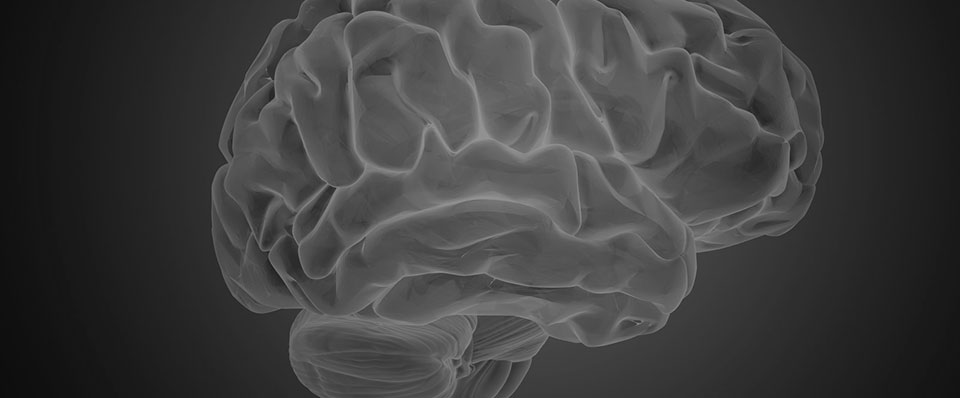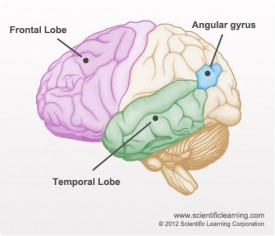
Dyslexia Research Update 2020
New 2020 research corroborates the strong inheritability of dyslexia. A lab experiment was conducted with 19-month-old infants, half of whom were genetically at-risk for dyslexia and the other half genetically not at-risk. The results of a speech-based word-learning task led the researchers to conclude that the at-risk infants had a harder time with novel word-learning. The takeaway? Genetics do indeed play a role in dyslexia.

How to Foster Executive Function in Every Grade
There’s a lot at stake when it comes to executive function skills. Executive function determines a student’s academic achievement throughout their time in school, and it even affects success in the workplace and life more generally.

Watch: Read Their Minds – An Update on Dyslexia and Brain Based Remediation
Click here to watch the free webinar This webinar is part of the Brain-Based Learning Webinar Series by Scientific Learning®, whose Fast ForWord® products are an evidence-based reading and language solution for any struggling reader. See more webinars here.

Joel’s Story
Joel has apraxia as well as dyslexia and has advanced hugely in both areas, primarily through the use of FastForWord and Reading Assistant+. His older brother is on the autism spectrum and has also progressed hugely through using FF and RA+ but that's another story!...

Common Dyslexia Misconceptions
Dyslexia doesn't need to be a life-long condition, it can be ended early for many more students than is currently happening, we have the neuro-science and the technology to do that. Do not wait till grades 2 or 3 or later to see how a student progresses. Dyslexia...

Read Their Minds: An Update on Dyslexia Research and Brain-Based Remediation
What do you know about dyslexia? There are fun facts like "Pablo Picasso and Leonardo da Vinci were dyslexic." And then there is information that can directly impact your classroom. What do you need to know to help your students unleash their full potential, both in...
“My Life Is Forever Changed” A Note from a Fast ForWord Graduate
We love when this happens. The other week, we received a lovely email from a Fast ForWord alum. A young woman named Rachel W. told us, “I know my life has been forever changed by this wonderful company.”

Inspiring Students to Read This Summer
The end of the school year is approaching, and students are looking forward to summer vacation. Educators are ready for a break, too, but are also thinking about students losing momentum—and even some skills—during the summer months. How can we encourage kids to continue to read and learn, when we know that some setbacks are statistically probable?

The Reading Brain: How Your Brain Helps You Read, and Why it Matters
May is Speech and Hearing Month in Canada. It is a month to raise awareness about communication challenges that people of all ages face. Prevention, early identification and early intervention are key. Speech-language pathologists are among the best trained...
Your Brain on Motherhood
https://www.youtube.com/watch?v=BTEgnIDsPL8 Check out this informative video by Dr. Michael Merzenich, who is one of the world's leading neuroscientists and a key researcher and co-founder of Scientific Learning, the developers of Fast ForWord programs I use to end...
This article was originally written and published on the Scientific Learning Website.
Access Speech-Language Services
Licensed in British Columbia
E-mail: info@end-dyslexia.com
Telephone: (250) 889-1343
Any unresolved concerns about a registrant’s practice may be reported to:
College of Speech and Hearing Health Professionals of British Columbia
900 – 200 Granville Street
Vancouver, BC V6C 1S4
Phone: 604.742.6380
Toll-free: 1.888.742.6380
Email: enquiries@cshbc.ca



